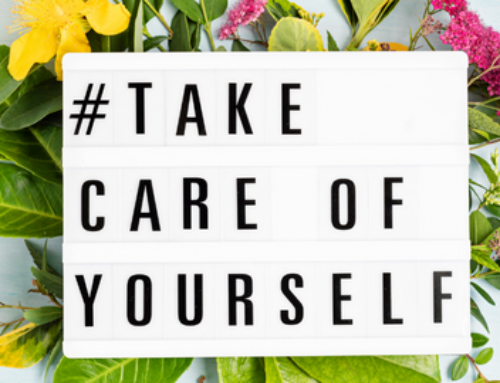The Perfect Diet: Dispelling the Myth
Some of the most popular diets today are the Mediterranean Diet, Dukan Diet, Atkins Diet, Wheat Belly Diet, Gluten-Free Diet and the Dash Diet. Somewhere in our quest for “The Perfect Diet”, we have lost sight of one very important fact: we are all different. If no two people are exactly alike, how could there be a magical “one-size-fits-all” diet that will cause us all to simultaneously lose weight and get healthy?
This elusive diet that we are all striving for is not realistic. However, each of us can find a diet that fits our unique needs.
Here are 4 factors you should consider when tweaking your own diet for optimal health:
1. Personal Health Issues
Knowing your own health issues, especially food allergies and intolerances, is the most important aspect of finding the right diet. No matter what anyone else says about a particular food, or even a whole food group, you must make food choices based on your own unique body.
If you’re allergic to dairy—don’t eat it. That should be a given. But sometimes things get more complicated than that. Everyone would agree that leafy green vegetables are healthy, right?
It is possible that some people may have problems eating raw leafy green vegetables by people with thyroid issues due to the naturally occurring goitrogens. Does that make kale an unhealthy food? No. It just means it may not be right for you while you get your thyroid back to optimal health.
2. Physical Needs
Your physical needs are different than mine. Our size is different; our metabolism is different; even the way we digest food is different. So why would we all follow the exact same meal plan with the same amount of calories and grams of carbs? It doesn’t make sense when you really think about it, does it?
3. Emotional Needs
If you’re a young woman who has struggled with disordered eating, you would usually try to separate food from emotions. However, the connection between food and emotions should not be ignored. It is possible for there to be a healthy connection between the food we eat and our emotional health.
The situation gets tricky when we put our health aside in order to feed our emotional state. But if you’re someone who has a healthy relationship with food, then it is important to accept and even nurture your emotional relationship with food in a positive way.
For example, if having raw milk cream in your coffee every morning just satisfies your soul, then allow it in your diet–assuming you don’t have an allergy, of course! If you want to follow the Paleo diet in every way except that you will enjoy consuming raw cream and aged cheeses, then do it.
4. Culture
Culture is an important factor to be considered when discussing food and diet. People from different cultural background have grown different food habits. It’s really pointless to direct everyone towards one particular diet that would make them magically healthy.
When you read the plethora of information on the web about what to eat and what not to eat, it can feel overwhelming and condemning. You may feel pressure from your own culture or even us “health nuts” to eat a certain way.
Whichever pressures you feel, you can take an objective stance and decide what feels best to you. If it’s culturally important for you to eat or not to eat certain foods, then be confident in that decision.
If you eat intuitively by listening to your body, then you can ignore the critics and be confident that you know what your body needs. There may be no “Perfect Diet” out there, but you can discover precisely what you need to be your best self.
The Balanced Diet
A diet based on whole grains; with plenty vegetables, some fruit; some protein-rich foods such as meat, fish and lentils; some dairy foods; and low sugar, will give you all the nutrients you need.
When it comes to a healthy diet, balance is the key to getting it right. This means eating a wide variety of foods in the right proportions, and consuming the right amount of food and drink to achieve and maintain a healthy body weight.
Most adults in America are overweight or obese. That means many of us are eating more than we need, and should eat less. And it’s not just food: some drinks can also be high in calories. Most adults need to eat and drink fewer calories in order to lose weight, even if they already eat a balanced diet.
Although the one perfect diet is a myth, there are some generic tips that can help you eat healthy and live happy. We suggest you to go for a balanced diet.
Eat more fruits, vegetables, and low-fat dairy foods. Eat high quality meat and avoid foods that are high in trans fats. Eat more whole-grain foods, fish, poultry, and nuts. Limit sodium, sweets, sugary drinks and beverages.
These and countless other dieting approaches are popular and well publicized. Finding the right approach for your lifestyle should include educating yourself about the diet plans and how they would fit into your life.
Each has potential benefits and possible downfalls. Being aware of these in advance will increase your chances of long-term success.









